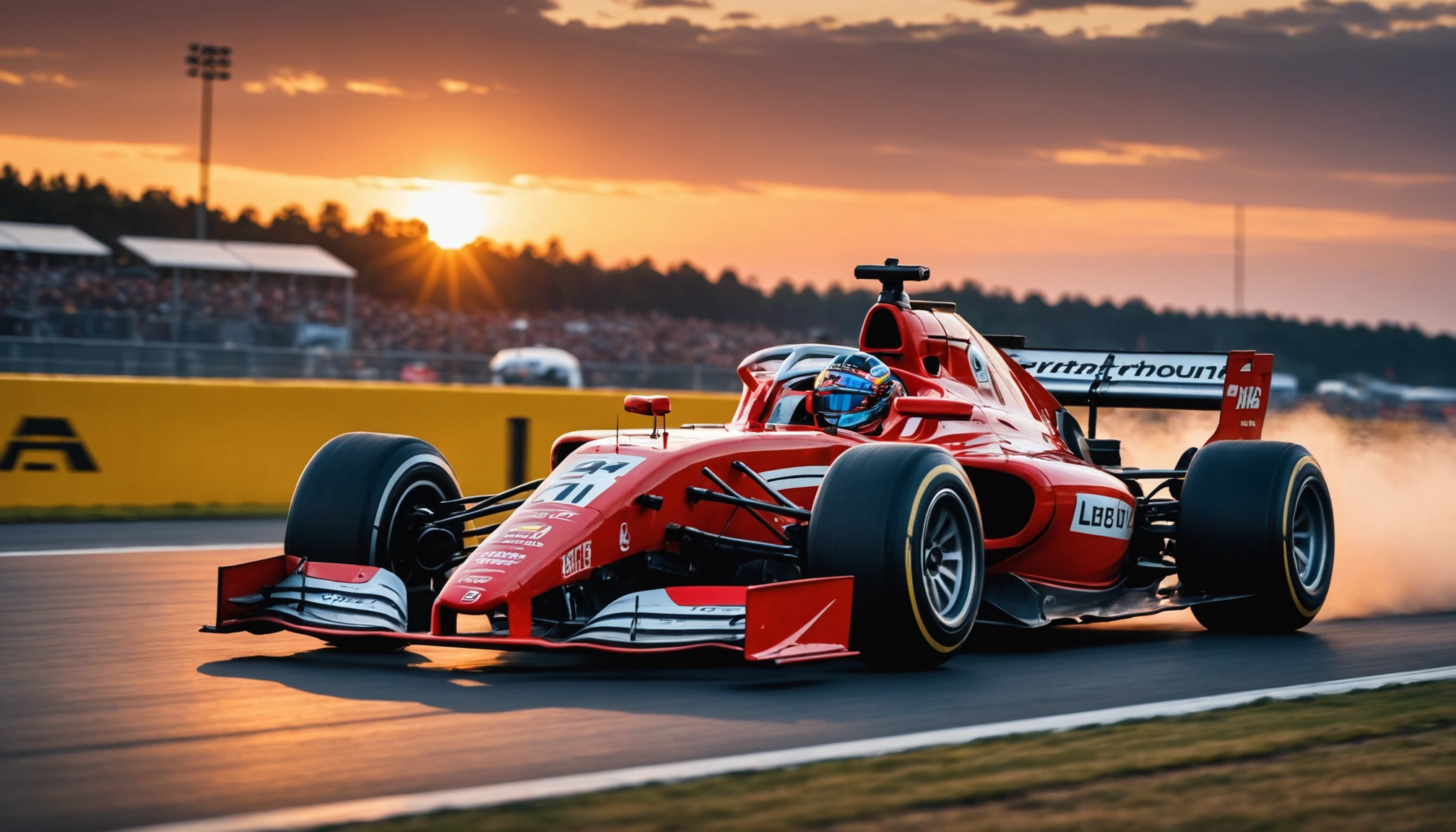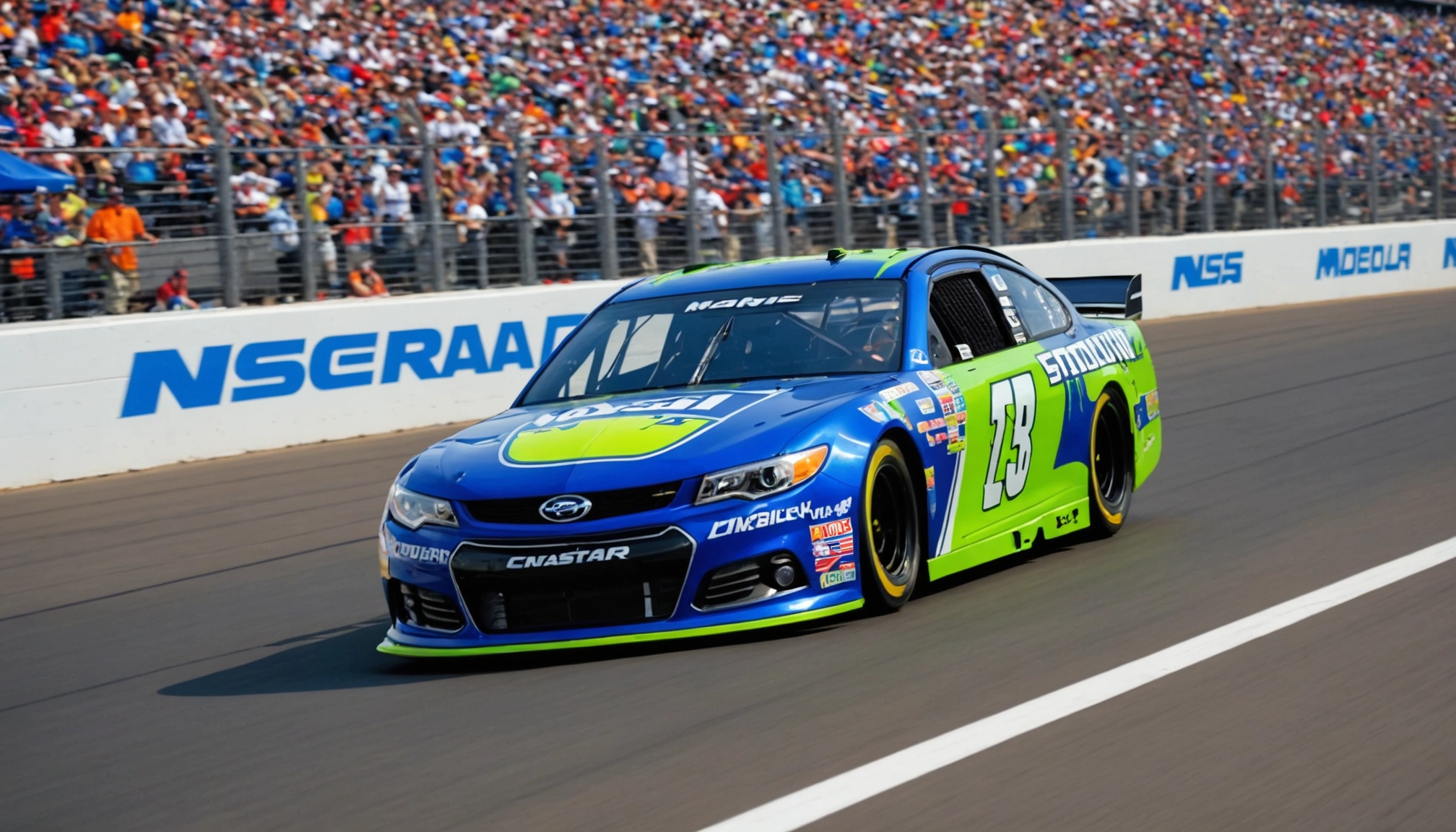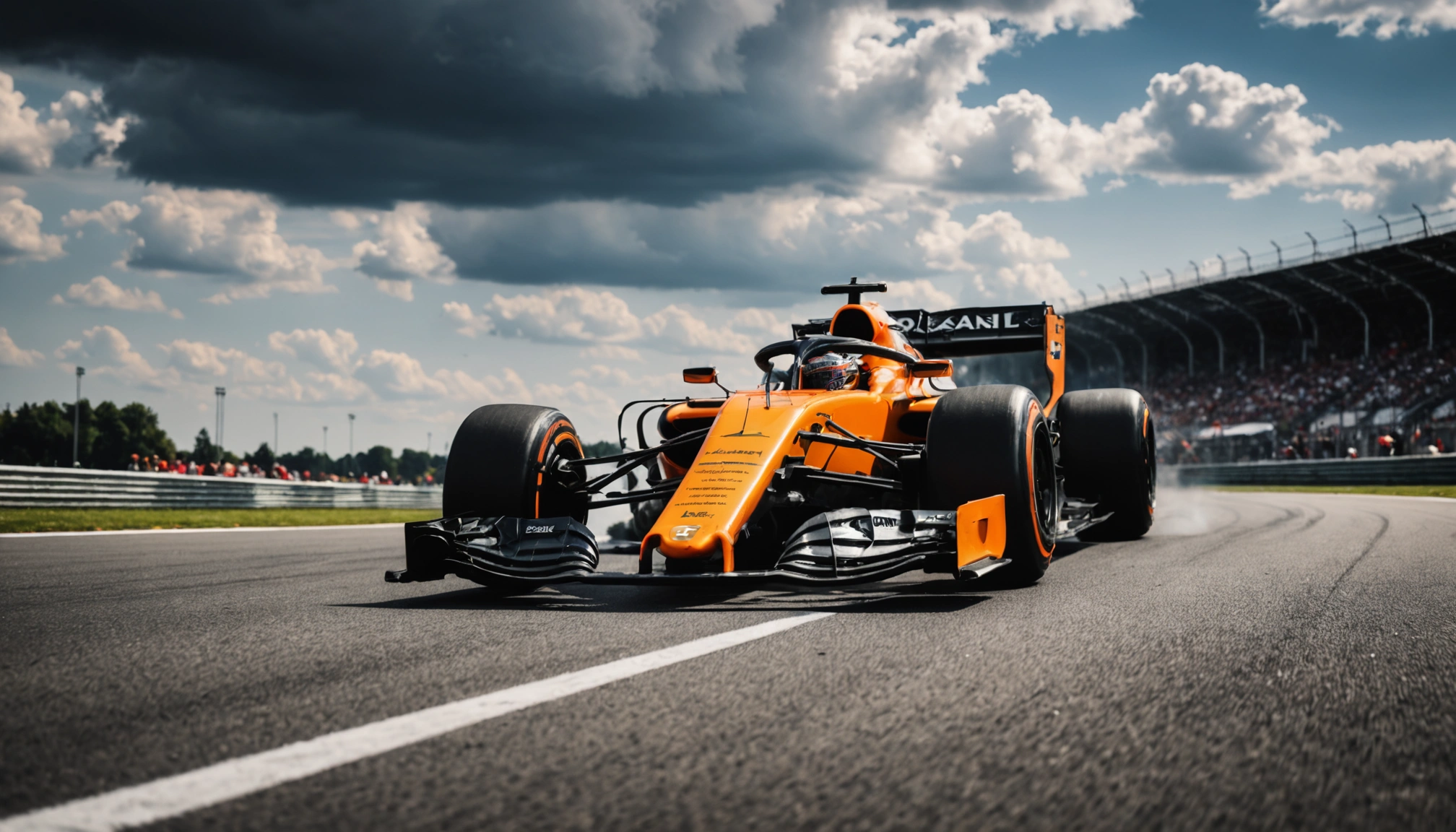Charles Leclerc Supports V8 Engines But Backs Current F1 Format
Charles Leclerc advocates for the return of V8 engines in F1 but insists the sport’s current race format should remain unchanged for fans and drivers alike.

By Editorial
Introduction To Charles Leclerc's Views On F1 Engines And Format
Charles Leclerc, one of Formula 1's brightest stars, has recently voiced his opinion on the ongoing debate surrounding F1's engine regulations and race format. While many fans and experts long for the roar and excitement of the old V8 engines, Leclerc supports their return but believes the current race weekend structure should stay intact. This balanced stance highlights the complexities of modern F1, where tradition meets innovation.
Why Charles Leclerc Favors A Return To V8 Engines
Leclerc’s enthusiasm for V8 engines stems from their iconic sound and the engaging racing they inspired. The V8 era, which lasted until 2013, is often remembered for its raw power and visceral experience — elements some argue have been diluted with the introduction of turbo-hybrid V6 engines in 2014.
The Monegasque driver argues that V8 engines bring a unique character to the sport, offering a purer form of mechanical engagement. This is backed by many fans who often reminisce about the days when engine noise was a significant part of the race-day excitement. Furthermore, V8 engines tend to be less complex and more affordable, potentially attracting more teams and fostering closer competition.
Historical Context Of F1 Engine Developments
F1 has seen numerous engine evolutions, from the naturally aspirated V10s of the 1990s to the turbocharged V6 hybrids dominating today. Each phase has influenced the sport’s sound, cost, and environmental footprint. The shift to hybrids was motivated by sustainability and technological innovation, but it also created debates about the sport’s identity and entertainment value.
Why The Current F1 Format Should Remain
Despite his preference for V8 engines, Leclerc stresses that the current race weekend format — including sprint races and qualifying procedures — offers a level of excitement and unpredictability that benefits fans and competitors alike. He believes tinkering with this formula could disrupt the balance that has made recent seasons compelling.
The contemporary F1 calendar includes sprint races at selected events, creating more action-packed weekends and giving drivers extra chances to fight for points. This format has been praised for increasing fan engagement and delivering thrilling moments, especially when combined with strategic tyre choices and weather variables.
Examples Of How The Current Format Enhances Racing
Recent races have demonstrated how the sprint format can shake up grid positions and lead to unexpected podium finishes. For instance, the 2023 British Grand Prix sprint race saw multiple overtakes and strategic calls that kept fans on the edge of their seats. This dynamic weekend structure encourages teams to innovate and drivers to push harder.
Balancing Tradition With Modern Innovation In F1
Leclerc’s views encapsulate the tension between tradition and modernity in F1. While many supporters yearn for the visceral thrill of past eras, the sport must also embrace technological progress and sustainability. The challenge lies in maintaining the sport’s core excitement while adapting to contemporary expectations and regulations.
This balancing act is not unique to F1. Other sports, such as cricket, have evolved their formats without losing their essence. For example, the England women's cricket team gearing up for World Cup challenge showcases how tradition can coexist with modern formats that attract new audiences.
The Impact On Teams And Fans
Reintroducing V8 engines could lower costs and simplify technical regulations, potentially allowing smaller teams to close the gap to giants like Mercedes and Red Bull. This could create more competitive races and unpredictable championship battles.
At the same time, retaining the current race weekend format ensures fans continue to enjoy diverse race experiences, including sprints and traditional grands prix. This combination caters to a broad audience, from purists to casual viewers.
Internal Links Supporting F1's Sporting Context
For readers interested in other areas of competitive sport evolving formats and challenges, the article on Daniel Levy departs Tottenham what now for Spurs offers insights into how top sports teams navigate change. Similarly, the comprehensive guide to UK and Ireland football leagues and cups illustrates the complex structures that keep sports engaging and competitive.
Conclusion: The Future Of F1 Engines And Race Format
Charles Leclerc’s perspective highlights a thoughtful approach to F1’s future: reintroduce the thrilling V8 engines to enhance the sensory and competitive aspects of racing, while preserving the current race weekend format that has proven successful in engaging fans and drivers.
This approach offers a sustainable path forward, balancing nostalgia with innovation and ensuring Formula 1 remains the pinnacle of motorsport in both excitement and technological advancement.
For the latest updates on motorsport and other sports news, stay tuned to SportsScoop, your go-to source for comprehensive coverage.
Related topics
Editorial
Sports expert at SportsScoop
Specialist in sports analysis and journalism
Related articles
Want to read more?
Explore our comprehensive collection of sports articles and analysis, or contact us for more information.



